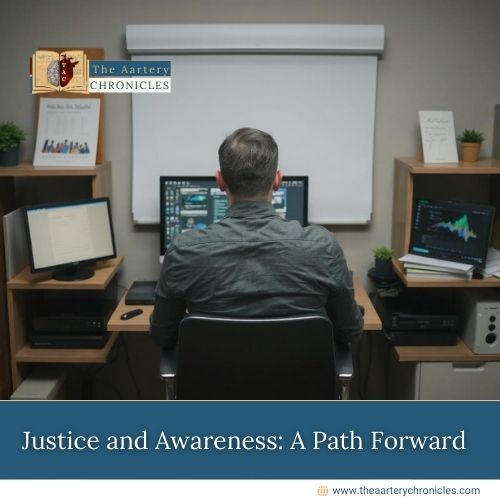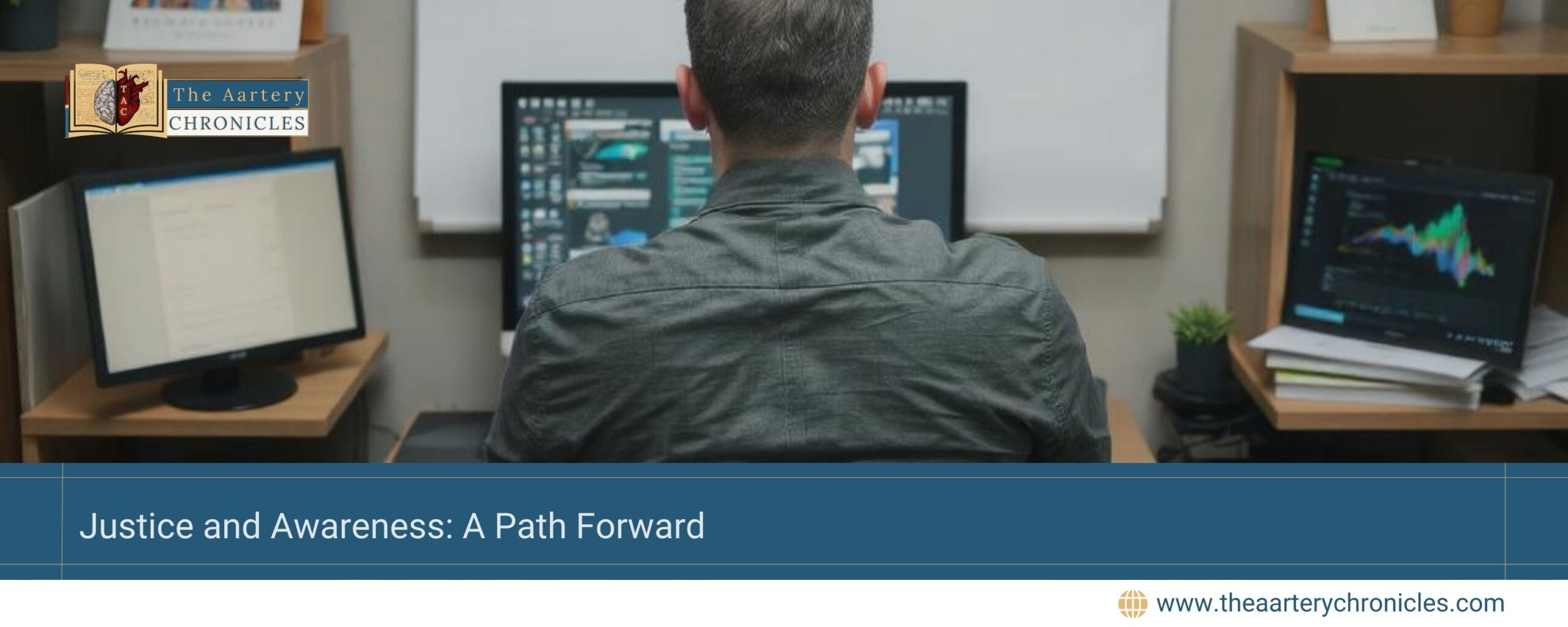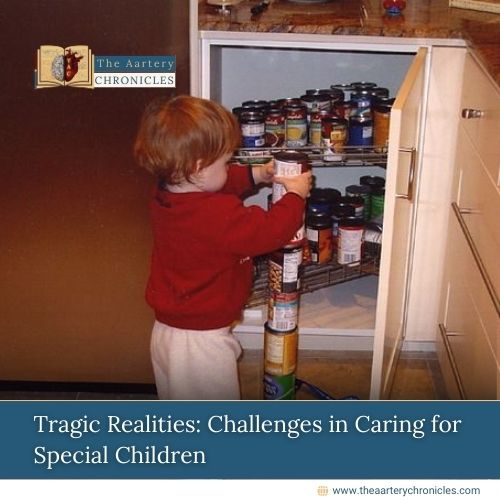

Justice and Awareness: A Path Forward After the Tragic Loss of Techie Atul Subhash
Overview
A robust legal system is integral to upholding justice and protecting individual rights, serving as a cornerstone of democracy and societal fairness. Recent events in Bengaluru involving the tragic loss of techie Atul Subhash have sparked meaningful conversations about justice, accountability, and the importance of community awareness in navigating the complexities of our legal framework.
The case has opened up dialogue regarding the intricacies of legal processes, prompting reflections on how we can enhance fairness and transparency within the system. It invites an examination of existing practices, encouraging a collective curiosity about how we can improve to better serve individuals and families in need of justice.
As we explore the emotional toll on those affected, it becomes clear that the resilience displayed by individuals and families seeking justice is remarkable. Their strength in facing such challenges serves as an inspiration, reminding us of the human side of legal matters and the importance of empathy within the process.
Public awareness is a powerful catalyst for change. Engaging communities in discussions about justice encourages a sense of shared responsibility, fostering collective efforts to promote accountability and awareness. This awareness is essential, as it drives conversations about potential reforms that can benefit all members of society.
A constructive approach to enhancing our legal system involves several focus areas
- Increasing Efficiency in Legal Proceedings: By streamlining processes, we can help facilitate timely resolutions.
- Strengthening Accountability Mechanisms: Establishing clear lines of responsibility can build trust in the system.
- Encouraging Collaboration: Open communication among legal professionals, policymakers, and the public can lead to more effective solutions for systemic challenges.
Conclusion
Ultimately, ensuring justice is a shared responsibility that involves the judiciary, policymakers, and society as a whole. The discussions surrounding the case of Atul Subhash highlight the potential for growth and transformation within our legal framework. By embracing these conversations, we cultivate an environment where justice is accessible, equitable, and reflective of our collective values. Together, we can work towards a future where every individual; irrespective of their gender, race, creed or caste feels supported and protected by the systems in place.
Source: Inputs from various media Sources









